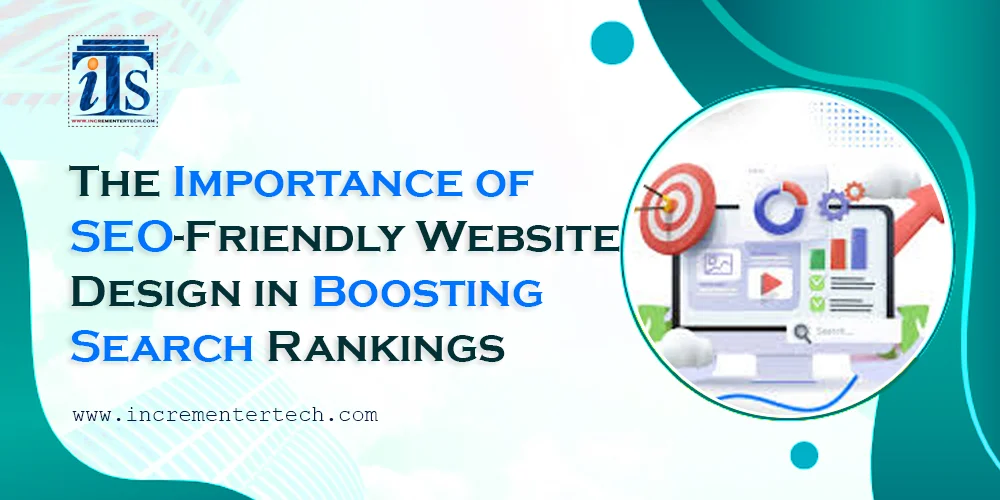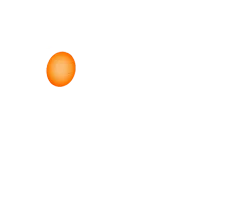
The Importance of Optimizing Meta Titles and Descriptions for SEO
In the world of Search Engine Optimization (SEO), many aspects contribute to improving a website's visibility and ranking. Among these, meta tags play a significant yet often overlooked role. Specifically, meta titles and meta descriptions are vital for both user experience and search engine performance. These elements serve as the first impression for your website in search engine results pages (SERPs) and directly impact your website's click-through rate (CTR).
At Incrementer Technology Solutions Pvt Ltd, we understand the power of well-optimized meta titles and descriptions in driving traffic, improving rankings, and enhancing user engagement. In this blog, we will explore why optimizing these components is crucial for SEO and how you can get the most out of them for your website.
- What Are Meta Titles and Meta Descriptions?
- Before diving into why optimizing these elements matters, let's take a closer look at what meta titles and meta descriptions are:
- Meta Title
- It appears in tThe meta title, or title tag, is an HTML element that specifies the title of a webpage.
He search results as the clickable headline for a given result. Additionally, it shows up in the browser tab when the page is opened. Meta titles help search engines understand the topic of the page and are a key ranking factor. - Meta Description
- It appears below the meta title in the search results and provides users with a preview of what they can expect from the page. While meta descriptions themselves are not a direct ranking factor for Google, they play an important role in influencing user behavior, which indirectly affects SEO.
- Why Optimizing Meta Titles and Descriptions is Crucial for SEO
- Here’s why:
- 1. Improved Click-Through Rate (CTR)
- The meta title and meta description are the first things users see when they search for something on Google. If these elements are clear, engaging, and relevant, they’re more likely to attract clicks. A higher CTR sends positive signals to search engines that your content is valuable and relevant to the user's query, which can improve your rankings.
For example, an optimized meta title that clearly reflects the content of your page will attract the right audience. Similarly, a compelling meta description with a call-to-action (CTA) will encourage users to click through to your site. - 2. Helps Search Engines Understand Your Page
- Meta titles and descriptions provide context to search engines about the content of a webpage. While Google uses a wide array of ranking signals, having well-optimized meta tags makes it easier for the search engine to understand your page and rank it for relevant search queries.
For instance, if your meta title includes keywords that align with user intent, search engines can easily match your page to the appropriate search results. . This increases the chances of ranking higher for those keywords. - 3. Enhances User Experience
- Optimized meta tags help improve the user experience by giving them a clear idea of what to expect when they click on a link. Well-written titles and descriptions align with the content users are looking for, reducing bounce rates and increasing engagement on your website.
- 4. Boosts Mobile User Engagement
- With the increasing use of mobile devices for browsing, optimizing meta titles and descriptions for mobile users is more important than ever. Users often decide whether to click on a link based on the information presented in the search results. A well-crafted meta title and description can be the deciding factor in gaining mobile traffic, as mobile users tend to scan search results quickly and may only focus on a few key details.
- 5. Provides a Competitive Edge
- In highly competitive industries, standing out in search results is crucial. Optimizing your meta tags can help set you apart from your competitors. A catchy, relevant meta title can capture a potential customer's attention before they even see your competitors’ links.
- Best Practices for Optimizing Meta Titles and Descriptions
- Now that we understand the importance of meta titles and descriptions for SEO, let's explore some best practices for optimizing them effectively:
- 1. Keep Meta Titles Under 60 Characters
- Search engines typically display up to 60 characters of your meta title in the search results. Anything beyond this limit may get cut off, which can diminish the effectiveness of your title. To make the most of your meta title:
- Example of Optimized Meta Title: "SEO Best Practices for Website Ranking | Incrementer Tech"
- 2. Create Distinct Meta Titles for Every Page
- Each page on your website should have a unique meta title that accurately describes its content. Make sure that each page has a tailored title reflecting its purpose and topic.
- 3. Craft Compelling Meta Descriptions
- Although meta descriptions don't directly affect rankings, they play a crucial role in attracting clicks. A well-written meta description should:
- Example of Optimized Meta Description: "Learn the latest SEO strategies to boost your website ranking. Discover expert tips and best practices for improving your online presence."
- 4. Incorporate Relevant Keywords
- Both the meta title and description should include relevant keywords that align with the content of the page and match user intent. However, avoid keyword stuffing, as this can negatively impact your SEO and user experience. Keywords should be used naturally and meaningfully within the context.
- 5. Ensure Consistency with Content
- Misleading or vague meta descriptions can result in a high bounce rate, as users may leave if the page doesn’t deliver on what they were promised. Make sure your meta tags align with the content to improve user satisfaction and engagement.
- 6. Optimize for Mobile
- Given the mobile-first indexing by Google, it's essential that your meta titles and descriptions are optimized for mobile devices. Since mobile screens are smaller, ensure your meta titles are concise and your descriptions are impactful, even when shortened in the search results.
- 7. Test and Analyze Performance
- Regularly analyze the performance of your meta titles and descriptions using tools like Google Search Console. Track your CTR and identify which meta tags perform well and which need optimization.
- How Incrementer Technology Solutions Pvt Ltd Can Help
- At Incrementer Technology Solutions Pvt Ltd, we specialize in helping businesses optimize their websites for better performance in search engines. Our team of SEO experts can assist you in crafting optimized meta titles and descriptions that align with your business goals and enhance your website’s visibility.
Whether you need guidance on creating unique, compelling meta tags or a comprehensive SEO strategy for your website, we are here to help. Contact us today at (+91) 7980 785 847 or visit our website at (+91) 7980 785 847 to get started. - Conclusion
- Meta titles and descriptions are integral components of a successful SEO strategy. By optimizing these elements, you can improve your website's visibility in search engine results, attract more clicks, and enhance user engagement. Following best practices for crafting clear, concise, and compelling meta tags will help you stay ahead of the competition and improve your overall SEO performance.
At Incrementer Technology Solutions Pvt Ltd, we are committed to helping you harness the full potential of SEO and achieve long-term success in the digital space.
• Be concise but descriptive.
• Avoid unnecessary filler words.
• Be between 150-160 characters long.
• Provide a brief and clear summary of the page's content.
• Add a call-to-action (CTA) to motivate users to click.

